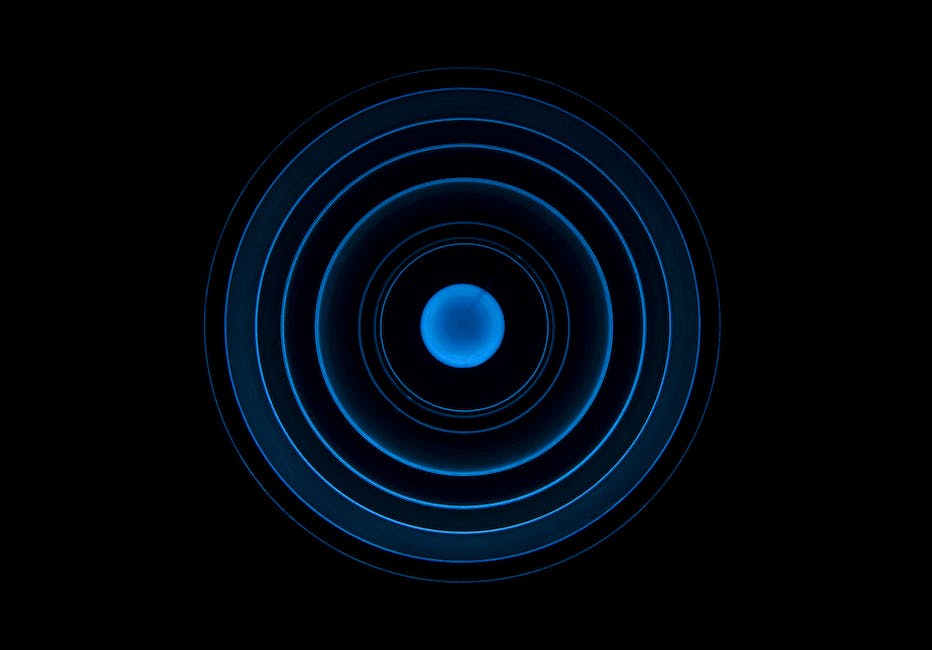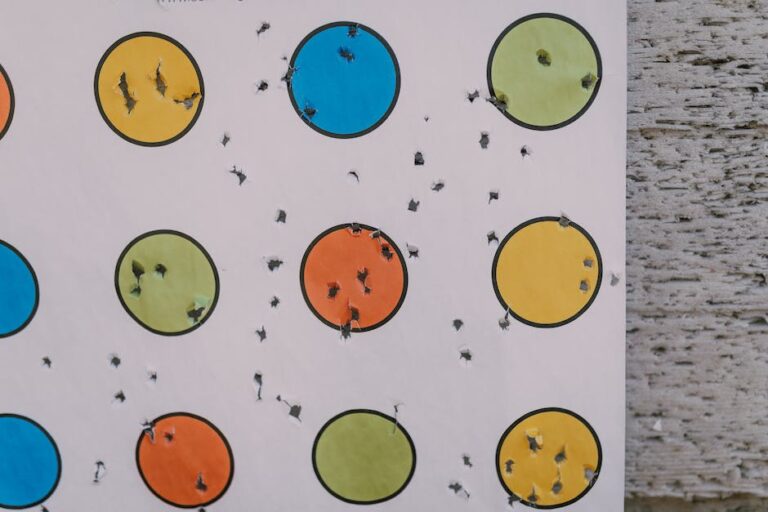The Relationship Between Quran and Science: A Critical Analysis
The Quran is the central religious text of Islam, which Muslims believe is a revelation from Allah to the Prophet Muhammad. It comprises 114 chapters, or surahs, and is considered the divine guidance for all humanity. Muslim scholars have contended that the Quran not only contains spiritual teachings but also scientific knowledge that was not yet discovered by humans at the time of its revelation over 1400 years ago.
Science, on the other hand, is a systematic and empirical approach to the study of the natural world based on observation, experimentation, and evidence-based reasoning. It is an ever-developing field that continues to uncover new knowledge about the universe and the laws that govern it.
The relationship between Quran and science has been a topic of debate and discussion among both Muslims and non-Muslims. Some argue that the Quran contains scientific facts that were only recently discovered by scientists, while others see a conflict between science and religion.
In this article, we will explore the relationship between Quran and science and attempt to shed light on whether there is any scientific knowledge in the Quran that was ahead of its time.
The Quran’s references to scientific phenomena
The Quran contains numerous references to scientific phenomena that were not yet discovered by humans until centuries after its revelation. For example, the Quran describes the stages of embryonic development in detail, which was not known to humans until the invention of the microscope in the 17th century.
Similarly, the Quran also mentions the roundness of the earth and its motion around the sun, both of which were only scientifically proven in the 16th and 17th centuries, respectively. The Quran also refers to the water cycle and the formation of clouds, which were not fully understood until modern times.
In addition, the Quran talks about the creation of the universe and the Big Bang theory. It describes the universe as being created from a single point, which is consistent with the current scientific understanding of the Big Bang.
However, some argue that these references are vague and can be interpreted in different ways. They contend that the Quran’s scientific references are not meant to be taken literally but rather symbolically, and that they do not constitute scientific knowledge ahead of its time.

The scientific accuracy of Quranic statements
Many Muslim scholars argue that the Quran contains scientific knowledge that was not yet discovered by humans at the time of its revelation. They contend that the Quran’s scientific statements are accurate and reliable and cannot be attributed to human knowledge or guesswork.
For example, the Quran states that everything is created from water, which is consistent with modern scientific knowledge about the composition of the universe. The Quran also describes the mountains as being like pegs, which is consistent with the scientific understanding of how mountains are formed.
Likewise, the Quran states that the sun and the moon each follow a predetermined path, which is consistent with the modern scientific understanding of the solar system. The Quran also describes the human soul as being the source of life, which is consistent with modern scientific understanding of the brain and its function.
However, critics argue that the Quran’s scientific statements are either borrowed from other religions or based on ancient myths and legends. They contend that the Quran’s scientific statements are often vague and can be interpreted in different ways, and that they do not constitute scientific knowledge ahead of its time.
In the next section, we will delve deeper into the relationship between Quran and science and explore the different perspectives on this topic.
The Quran’s role in advancing knowledge
Muslim scholars argue that the Quran played a significant role in advancing scientific knowledge throughout the world. They contend that the Quran encourages Muslims to seek knowledge and explore the world around them.
Many scientists and scholars, including the likes of Al-Khwarizmi, Ibn Rushd, and Ibn Sina, drew inspiration from the Quran and its teachings. They used their knowledge and skills to make significant contributions in the fields of mathematics, astronomy, medicine, and philosophy.
Furthermore, many Islamic institutions of learning, such as the House of Wisdom in Baghdad, were centers of scientific research and innovation. These institutions played a crucial role in preserving and expanding scientific knowledge during the Golden Age of Islam.
Science in light of Quranic teachings
Muslim scholars contend that there is no conflict between science and religion and that the Quran supports and encourages scientific inquiry. They argue that the Quran provides a framework for understanding the natural world and that scientific discoveries deepen our understanding of Allah’s creation.
Furthermore, they believe that science and religion complement each other and that science can help verify the Quran’s teachings. For example, scientific evidence supports the Quranic statements about embryonic development, the water cycle, and the Big Bang.
Modern scientific discoveries and their relation to the Quran
Modern scientific discoveries continue to shed light on the relationship between Quran and science. Many scientific discoveries have confirmed the Quran’s teachings, while others have raised new questions and challenges.
For example, the discovery of the Higgs boson particle provides further evidence for the Quran’s teachings about the creation of the universe. The Quran’s references to the position of the stars and planets also align with current scientific understanding.
However, some scientific discoveries, such as the theory of evolution, appear to contradict some of the Quran’s teachings. Muslim scholars, therefore, continue to explore and interpret the Quran in light of new scientific discoveries, seeking to reconcile any apparent conflicts.
In the next section, we will address some of the common misconceptions about the relationship between Quran and science and attempt to clarify some of these misunderstandings.

Debunking misconceptions about Quran and science
There are many misconceptions about the relationship between Quran and science. Some common misconceptions include the idea that the Quran contains detailed, scientific knowledge that was ahead of its time, and that science and religion are fundamentally incompatible.
However, as we have explored in this article, the relationship between Quran and science is complex and multifaceted. While the Quran does contain scientific statements, these statements are often subject to interpretation and can be vague. Furthermore, science and religion are not mutually exclusive, and many Muslims believe that science can deepen our appreciation and understanding of Allah’s creation.
Another common misconception is that there is a conflict between Islam and science. However, many Islamic scholars and scientists have made significant contributions to scientific knowledge, and the Islamic tradition has a long and rich history of scientific inquiry.
Therefore, it is essential to approach the relationship between Quran and science with an open mind and a willingness to explore different perspectives.
Conclusion: The Quran and science’s harmonious relationship
In conclusion, the relationship between Quran and science is one of harmonious coexistence. While the Quran does contain scientific statements, its primary purpose is to provide spiritual guidance and moral instruction. Science, on the other hand, is concerned with understanding the natural world and the laws that govern it.
However, science and religion are not mutually exclusive, and many Muslims see science as a tool for deepening their understanding of Allah’s creation. Similarly, the Quran’s teachings can provide a spiritual framework for understanding the natural world and the role of human beings within it.
Therefore, we can conclude that the relationship between Quran and science is one of interdependence, where each can enrich and inform the other. By approaching this relationship with an open mind and a willingness to learn, we can deepen our appreciation and understanding of both science and religion.







